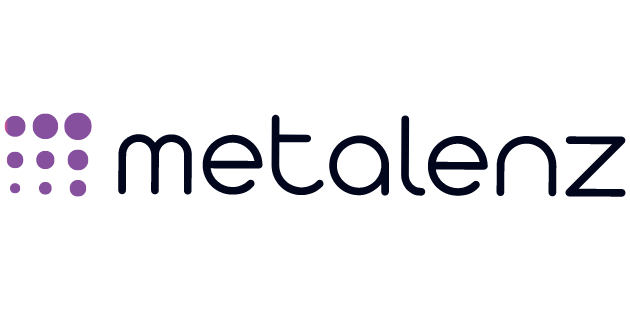
Metalenz Inc. today unveiled the GeminiTM product family, switchable illumination optics based on foundational polarization IP
Metalenz Inc., the pioneer in metasurface design and commercialization, today unveiled the GeminiTM product family, switchable illumination optics based on foundational polarization IP. With a single meta-optic, the Gemini products offer simple, dynamic illumination to address more applications through electronically toggling of optimized illumination patterns - something that is not possible with current refractive lenses and diffractive element optical stacks.
Metalenz has also announced a recent collaboration with Trumpf to demonstrate switchable illumination modules with Metalenz's multifunctional-optic and Trumpf's polarization addressable VCSELs.
Today, mobile phone makers make compromises to balance industrial design, battery usage and user experiences. Features like short-range computational photography and long-range augmented reality require contrasting trade-offs that create a non-optimal solution. These sacrifices to resolution and battery life result in depth sensing solutions that are limited in breadth of applications. Metalenz's patented Gemini product line enhances compact and low-cost depth sensing systems, and is set to replace current 3D illumination configurations because of its advantages:
Two illumination patterns with a single optic and VCSEL
Switchable for best of both worlds
2X smaller footprint than discrete alternatives
“Our meta-optic technology allows more control than has been available with the existing commercially available optical toolbox. We have complete control of the intensity of light, the phase of light, and the polarization of light,” said Metalenz co-founder and CEO Rob Devlin. “Depth sensing proliferation has suffered due to the limitations of current optics. Now we have unlocked more applications with a single optic to catalyze 3D sensing to all smartphones.”
3D depth sensing works by illuminating a scene with infrared light and determining the distances of the object(s) using the reflected light collected on a special image sensor. Depth sensing on smartphones is optimized based on the distance of the object in the scene or the application. For computational photography and many social media applications, the objects of interest are less than 5 meters away from the camera. They benefit from flood illumination that will help capture high detail and edge resolution. In contrast, augmented reality applications can extend to 10 meters and beyond. Illumination by dot projectors permits higher sensing integrity at longer distances and maintains a power budget in line with immersive user experience requirements of mobile devices.
Metalenz's proprietary technology uses single meta-optics to project thousands of high-intensity dots of light in one mode and a flood of light in the second mode. Instead of compromising system performance or going without 3D imaging, Gemini™ eliminates the trade-off. Designers can optimize the illumination performance for multiple patterns and toggle between them using Metalenz's polarization technology.
Already engaged with a number of the world's largest manufacturers including a recent foundry partnership with STMicroelectronics, Metalenz has the partners and supply chain logistics to meet the scale of OEMs across consumer and automotive industries. The company's simplified manufacturing process consolidates the optics and sensor supply chain (producing both at one facility), resulting in meta-optic lenses that are more cost-efficient and compact than conventional lenses to meet the rapid increase in cameras and sensing devices.
Metalenz is backed by semiconductor leaders including 3M Ventures, Intel Capital, and TDK Ventures. To partner with or learn more about how Metalenz is revolutionizing optical sensing in consumer electronics and beyond,
visit: metalenz.com.

